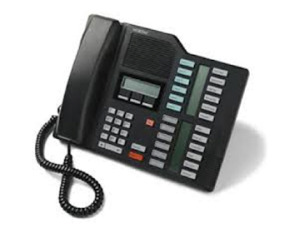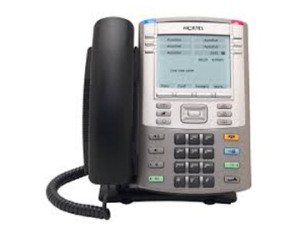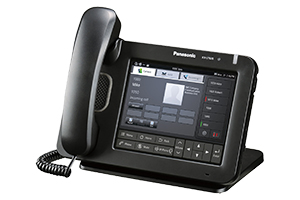Traditional vs digital vs voip: It can be difficult trying to navigate your way through all of the information available on business phone systems. There are lots of questions that need to be answered before you can comfortably make the right decision on what’s best for your business, and often time there is more than one option that will suit your needs well. This article will take you through 4 options for you business phone systems to help you gain a better understanding of what may work best for your needs. Click here now to see what products and services for business phone systems we have at Network Telecom.
“I was very happy with the cutover day, everything got done faster than I expected, and very accurately. Post cutover, Matt has been a great resource, helping make a few tweaks and adjustments here and there and I anticipate I will be bouncing things off of him for a while yet, and his replies are greatly appreciated.” – Brad Davis, FaithLife Financial
Check out some more of our testimonials here!
Traditional vs Digital vs Voip
Traditional
Traditional phone systems use landlines, and simply put, this system is really considered the old tried and true version of telephone systems. These systems are run through copper wiring and they typically come with pretty standard features such as hold, mute and redial.
Along with the wiring needed to run a traditional phone system, you’ll also need what’s called PBX hardware. PBX hardware essentially acts as a central switching system for any phone calls taken within the business landline and also is responsible for keeping other calls out. They are very reliable systems and a lot of people are comfortable using them because of their simplicity. The unfortunate part is that they can be costly and do require maintenance.
Best For: Large corporations that are able to hire IT staff to keep it maintained on a regular basis.
Worst For: Businesses on a budget or those who want something a little more high-tech.
Digital
Digital systems are a little more modern than the more traditional analog systems. Digital PBX’s have the ability to add on features and capabilities such as hold music, VoIP integration or alarm systems. Most digital phone systems today offer an Internet Protocol interface which can allow extra features like voicemail delivery to email, fax delivery to email or click to dial.
This type of phone system no longer uses the old copper wiring methods, instead they mostly use fibre optics, but a phone room is still required in order for calls to take place so make sure you have somebody on staff who understands how to punch down digital sets. Another note is that according to Nexogy, you typically have to use twice as much wiring for digital as you would for VoIP.
Best For: Businesses that want a strong clear signal with good features and strong reliability.
Worst For: Small businesses that don’t want to outsource for IT help or don’t want any extra frills.
VoIP
VoIP or Voice Over Internet Protocol doesn’t use the traditional copper wiring that landlines use either. Instead, these phone systems use the same internet connection that is already in use throughout the company and the internet to digitally transmit the voice signal to another telephone or voice point. They’re great for providing a lot of features for small businesses that were once only available to larger corporations. This includes things such as computer integration which allows any voicemail to be sent to email inboxes, or being able to use your smartphones to give workers remote access.
Another plud to VoIP is that it is very easy to maintain when compared to traditional or digital phone systems. Unlike those options, VoIP systems do not need a physical presence in order to be worked on.
Because you’re using the internet to make calls, it makes VoIP a particularly attractive option for people needing to make plenty of long distance calls. The only downside to using a VoIP phone system in your workplace is that because it relies on your internet connection if your internet goes down so will your phone lines which could be a major issue.
Best For: Small businesses that want some snazzy features or make plenty of long distance calls and would like their phone system running through an internet connection.
Worst For: Businesses that don’t have an internet connection or would be worried about it dropping.
Conclusion
Really there is no one perfect phone system for anyone out there, it really depends on what you need and value as the client and also what you budget may be. Before you make any choices between traditional vs digital vs voip, be sure to do more research by checking out our blog which is full of information that you may find helpful, and looking at the different products and services which are offered in your area.
Learn More About Network Telecom
Network Telecom has been in operation since 1979. Our decades of experience working with all aspects of business telecommunication technology throughout all of the innovations and changes of the information age have allowed us to become the best possible solution for your business telecom needs. Our goal is to provide purchase support and technical service that is unmatched. Network Telecom operates in the Kitchener-Waterloo, Cambridge, and Guelph region. Click here to contact Network Telecom today.




